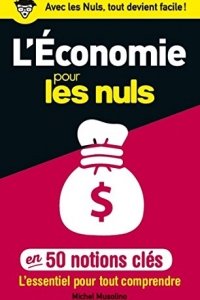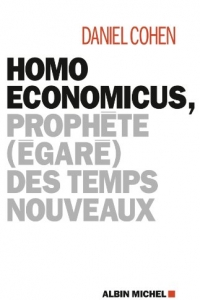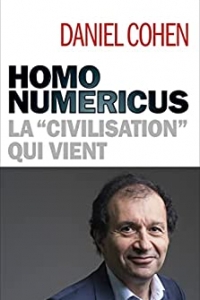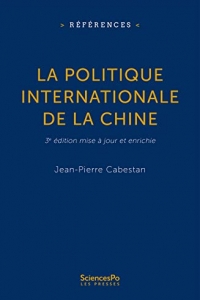50 notions clés sur l'économie pour les Nuls (2022)

- Auteur: Michel Musolino
- Editeur: First (10 septembre 2015)
- Pages: 247 pages
- Langue: Français
Description du livre 50 notions clés sur l'économie pour les Nuls (2022):
La nouvelle collection qui va à l'essentiel : en 50 notions clés maitrisez votre sujet !
BCE, déficit budgétaire, dette, chômage : l'économie est devenue un des thèmes majeurs de notre vie quotidienne, de notre actualité, et chacun de nous a compris aujourd'hui qu'un battement d'aile de papillon à la bourse de Tokyo peut déclencher une crise économique majeure à Paris. Pourtant, nombreux sont ceux qui n'avoueront jamais être perdus dans cet océan de nouvelles, toutes plus techniques les unes que les autres. Michel Musolino, l'auteur du bestseller L'Économie pour les Nuls, a écrit ce livre pour eux. Il y explique les fondamentaux de l'économie en 50 notions clés, exposées avec clarté et pédagogie. Avec ce guide, chacun pourra alors comprendre les grands enjeux économiques et prendre sa part au débat.
Un livre à mettre de toute urgence entre toutes les mains.
Commentaires









